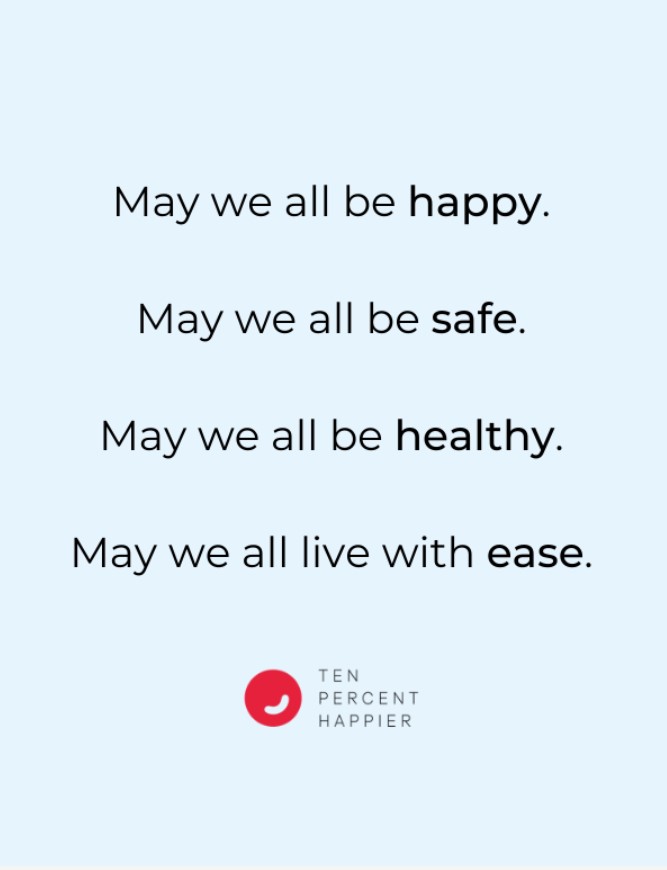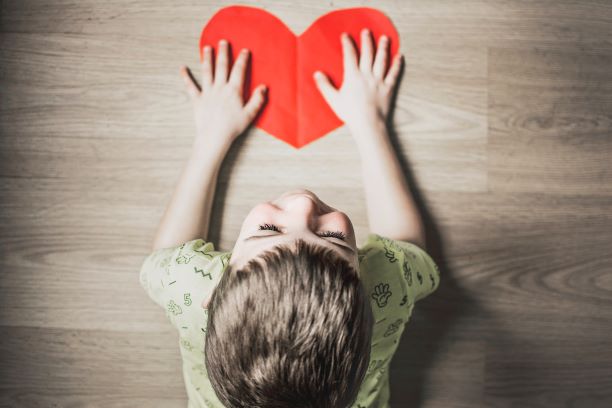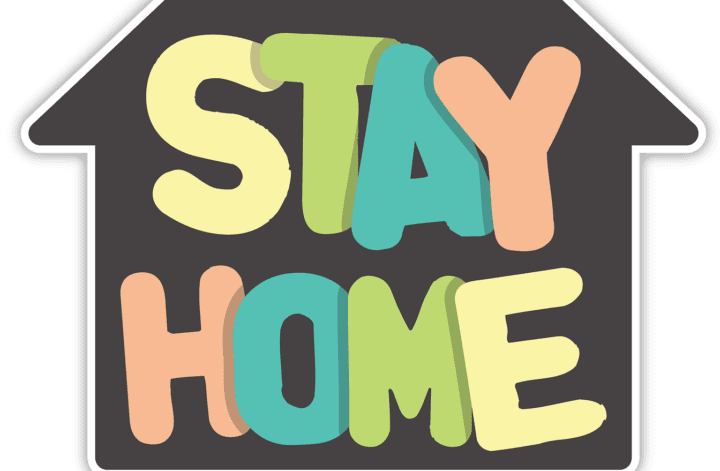In these novel and varying times, many families are engaging with mindfulness and resilience practices to support wellbeing.
Mindfulness is awareness through paying attention – purposefully and in the present moment – with acceptance and non-judgement. It is recommended by the National Institute for Health and Care Excellence (NICE) as a way to prevent depression in people who have had 3 or more bouts in the past. Professor Mark Williams, former director of the Oxford Mindfulness Centre, says that mindfulness means knowing directly what is going on inside and outside yourself, moment by moment.
Mindfulness can be practised in times set aside for mindful meditation or be incorporated into mindful daily living so you consciously and peacefully pay attention when doing things like brushing teeth or going for a walk. ‘Growing up Mindful’ by Christopher Willard is a useful resource for helping children to live mindfully.
Resilience is recovering quickly after something unpleasant happens and, as Mind says, your “capacity to adapt in the face of challenging circumstances, whilst maintaining a stable mental wellbeing”. Mind’s work focuses on three key areas for resilience – ways to cope, wellbeing and social connection. The Anna Freud National Centre for Children and Families also has a great list of self-care ideas to boost these resilience areas.
Being both mindful and resilient will help you and your family during any tricky times to come. Many ingenious activities are already happening in homes across the country but, in case you want to know more, I’ve compiled a list of 10 useful online resources and places for information. Feel free to let me know which you like best…

| 1. At Live Life Better, we recommend 5 steps to being Healthily Happy:- *Eat a mainly plant-based, wholefood diet *Get everyday exercise *Drink water *Rest well – with sleep, mindful meditation and gratitude *Do the 3 L’s of Loving, Laughing and Learning We also have a resource of tips to support family wellbeing within our March 2020 ‘Family wellbeing and Coronvirus’ blog. |
| 2. Mindful have a range of free mindfulness resources to help find calm, navigate anxiety and tap into a sense of wellbeing. Their offer includes quick practices such as S.T.O.P for stress from Elisha Goldstein, live guided meditations on Mondays, Wednesdays and Fridays via Mindful@Home and free access to their premium mindfulness course on how to find calm and nourish resilience. Spring Refresh, their 3-day mini-retreat on April 17-19, will help you through guided practices for self-care and rejuvenation. These practices are designed to consciously invite greater simplicity, love and compassion into your life, whilst clearing away habits that no longer serve you. Mindful also offers ‘Three Ways to Tap into the Wisdom of the Body’ from Linda Graham, a resilience expert. She presents a toolbox of practices to help meet the chaos of life with awareness, acceptance and deep knowledge that you have the strength to work with it all. Linda is the author of Bouncing Back: Rewiring Your Brain for Maximum Resilience and Well-Being. |
| 3. The NHS’s Every Mind Matters page on ‘Mental wellbeing while staying at home’ reminds us we will all react differently to current circumstances but to make sure further support is sought if needed. Their page advises to:- *Find out about your employment and benefit rights *Plan practical things *Stay connected with others *Talk about your worries *Look after your body *Stay on top of difficult feelings *Do not stay glued to the news *Carry on doing things you enjoy *Take time to relax *Think about your new daily routine *Look after your sleep *Keep your mind active. |
| 4. If you or your family find yourselves caught up in any fear and coronavirus anxiety, I invite you to explore this Mindful Guide from Mindfulness Exercises. It’s designed to help you step beyond the habitual thought loops that keep you down. In doing so, they hope you’ll gain a deeper sense of peace, calm and contentment. The Guide contains the following:- Mindfulness of Emotions Relieving Stress Meditation Working with Fear Seeing Other People Release Worry Sleep Meditation |
| 5. Last month, Caitlin Welsh of MashableUK compiled a list of ‘7 meditation and mindfulness apps with free tools for coronavirus anxiety’ – “all have free resources, from special access for healthcare workers or people who’ve lost their income, to apps that are completely free anyway”. Her recommendations are Ten Percent Happier, Headspace, Calm, Insight Timer, Smiling Mind, UCLA Mindful and Simple Habit.  |
6. The free Coronavirus Sanity Guide by Ten Percent Happier contains meditations, podcasts, blog posts and talks to help you build resilience and find calm. They’ll be adding more resources as they’re created so keep checking back. They even have a downloadable poster to stick in your bathroom and mindfully recite as you all wash your hands!  |
| 7. Wisdom 2.0 offers the ‘Cultivating Mindfulness at this Critical Moment’ series of daily practices and inquiry with Jon Kabat-Zinn. The aim of Wisdom 2.0 is to address “the great challenge of our age: to not only live connected to one another through technology, but to do so in ways that are beneficial to our own well-being, effective in our work, and useful to the world.” Through conferences, meet-ups and workshops, they strive to bring this conversation to the world in an accessible, innovative and inclusive way. |
| 8. The Resilience Project has a number of past webinar events freely available online and there are further ones to come. Those currently listed include ‘Anticipatory Preparedness and Resilience in a Time of Escalating Risk’ and ‘COVID-19 Crisis Webinar.’ The former with Dr. David Korowicz, a physicist and human systems ecologist who has over a decade of experience working on large-scale and catastrophic risk. The latter with Dr. Nafeez Ahmed, an award-winning investigative journalist, systems theorist and change strategist. The Resilience Projects’ goals are to: *Empower people, projects & practices to meet the Global Challenge *Welcome diverse views across the global spectrum *Encourage respectful dialogues across regions & cultures *Inspire creative responses to the Global Challenge |
| 9. Zero to 3 has a great range of resources for parents of babies to toddlers. Their page of tips for families during this time includes age-appropriate responses to common questions, advice for parent self-care and staying connected, an at-home activity guide for young children and various resources from Sesame Street. What’s not to love! |
| 10. Gina Dowding, a Green councillor on Lancashire County Council and a former MEP for the North West of England, offers an interesting view in ‘Community resilience key to responding to coronavirus outbreak.’ Community resilience,” she writes, “is made up of self-care, individual acts of generosity and neighbourliness, as well as co-ordinated and maintained responses by groups in the voluntary sector providing for the physical (and mental) health and well-being of those most vulnerable.” She calls for recognition of the role communities have to play in responding to the coronavirus outbreak and supporting the most vulnerable. |



